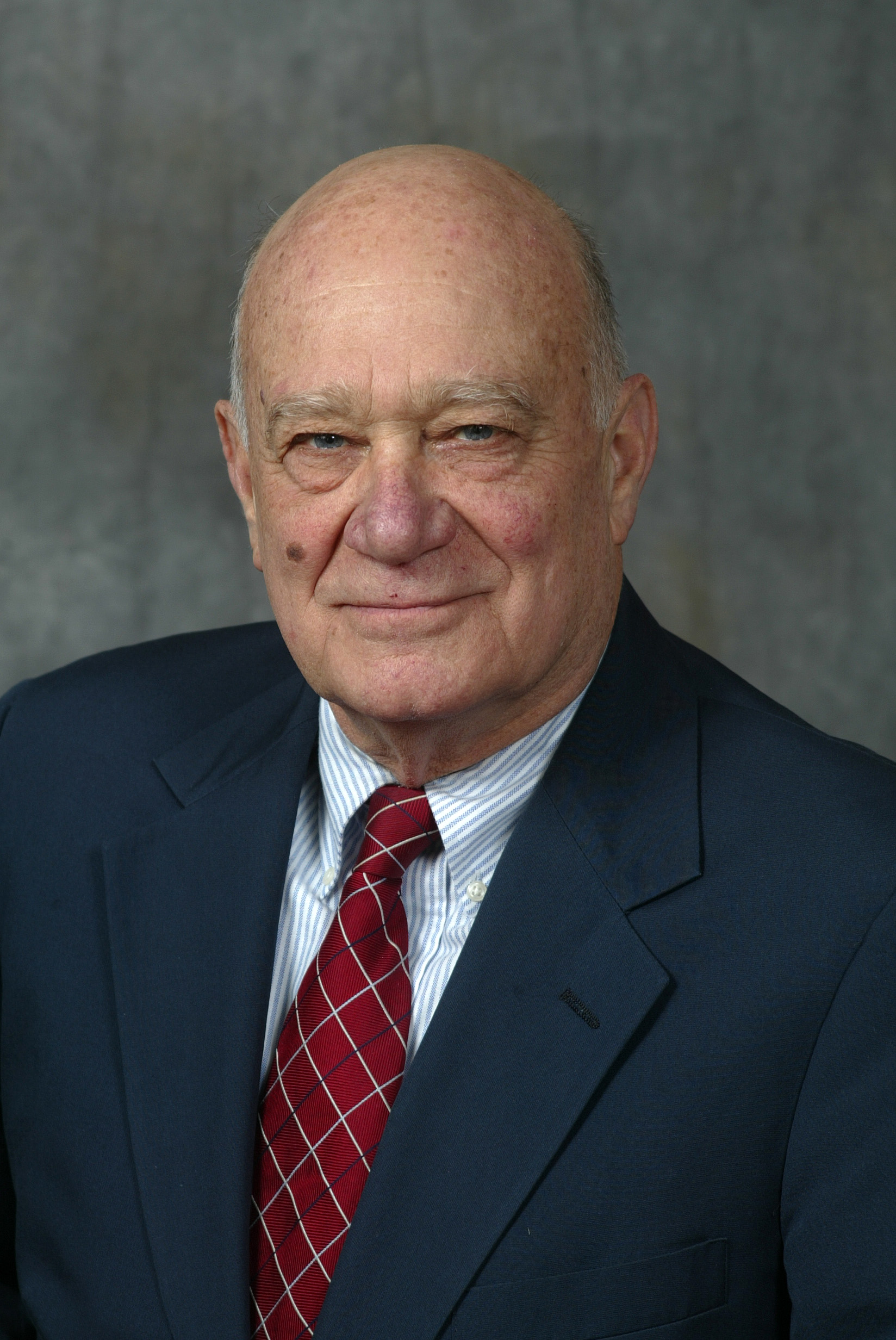Months before the 2020 presidential election, David Rothkopf published a history-shaping book. If you are like most Americans, chances are you have not read it and never heard of it: “Traitor: A History of American Betrayal from Benedict Arnold to Donald Trump.”
The indictments Rothkopf presents of Trump are the strongest ever made. If they are accurate, one must ask why the media (in its multiple forms) did not make this book a major public focus for what Trump described as “the most important election in American history.”
Rothkopf has had extensive experiences as an academic (Johns Hopkins, Carnegie Endowment for International Peace), as well as work as a journalist, and for international business groups, including once serving as managing director of Kissinger Associates.
Our multitudinous media has never been challenged for effectiveness as it has been during the Trump years. It behooves all of us to help seek ways to bolster all media so truth prevails and citizens can foster democracy by making informed judgments based on reliable data.
The urgency for needed reforms and new media mandates is manifested in the power of Rothkopf’s interpretations and evidence.
The author writes: “The president of the United States is a traitor. He is a liar. He is a fraud. He is a racist. He is a misogynist. He is incompetent. He is corrupt. He is unfit in almost every respect for the high office he holds.”
Rothkopf says Trump betrayed the United States by “placing foreign interests before those of the United States, always ultimately to serve his own greed or personal ambition.”
Might numbers of the 74 million who voted for Trump have reconsidered if Rothkopf’s book and evidence received ample and sustained attention by our diverse media, from newspapers, magazines, broadcast radio and TV, Internet and various forms of social media?
The author compares Trump with other traitors, beginning with Benedict Arnold and concludes that “the damage done [by Trump] has been so great and the threats remaining are so profound that it is our duty as citizens to understand how they came to be and what their potential long-term significance is.”
We are not expected to evaluate major judgments made in books by the credentials of authors, but Rothkopf’s range and depth of experience indicate that his research and writing merit serious consideration.
So why has it not been forthcoming from our vast and diverse media? Especially pertinent is that the author researched and wrote his book before Trump began to comment on the Covid-19 virus as something that would quickly be gone like the wind. “Traitor” was also written before the 2020 elections. Now, even principled Republicans (as well as commentators around the world), are saying that Trump’s insane vote challenges and obstructionism are undermining American democracy, citizens’ values and risking our national security.
So, why aren’t more media sources seeking to place Trump’s continuing but losing efforts to overturn a fair election in a deeper context with an examination of his lifetime of disgraceful conduct as shown in “Traitor?”
Many of these criticisms of Trump’s character and conduct are not new. When in doubt check the web site of the appropriately named Lincoln Project (founded and expanded by Republicans and Conservatives who have publicly renounced Trump, many of them stating to the world that they were voting for Biden rather than risking another four years of Trump).
In light of all of this, what kinds of media mandates can we seek to guard against the rise of another Trump and help to foster better informed and more civically engaged citizens.
The arrangements will need to vary depending on the nature of the media that is under consideration. We will also need to focus sharply on who will be asked to advance and support media literacy. A few short answers for now are: the magazine “Social Studies for the Young Learner” helps teachers promote attention to evidence and analysis (even for elementary schoolchildren; it is never too early to begin, especially as those youngsters are encouraged to bring questions and conversations to their family dinner tables.
New York can be a model for other states; every 12th grader could be required to take a one-semester course called Participation in Government. There is curriculum flexibility so that media savvy and competence can be cultivated.
A research fellow at Boston University and Harvard instructor, Lee McIntyre argues that we do not need to live in a “Post-Truth” world. He and others provide a range of alternatives (to be considered) that can guide our media for better service for democracy.



